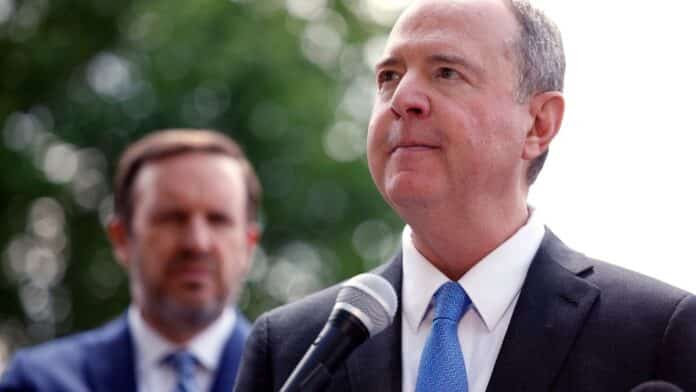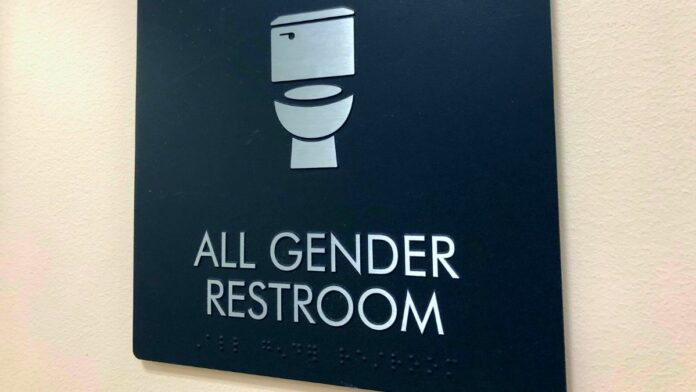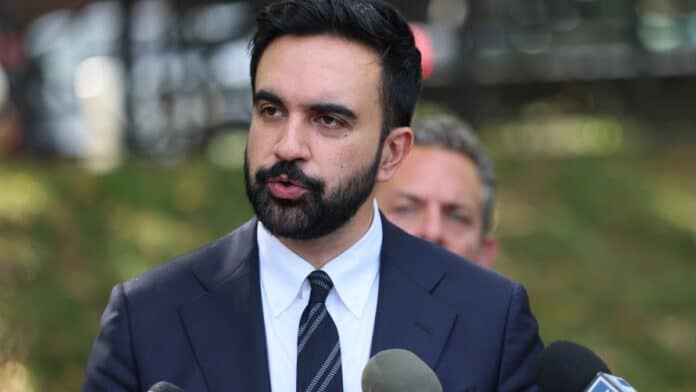On Sunday’s episode of ABC’s Face the Nation, Sen. Adam Schiff (D-CA) launched a harsh attack on President Donald Trump and congressional Republicans, accusing them of prioritizing political fights over the basic needs of Americans during the ongoing government shutdown.
Schiff claimed that the Trump administration is actively pursuing policies that would strip health care access and food benefits from millions of Americans. “One thing that is just so shocking to me,” Schiff said, “they’re appealing to the Supreme Court for the right to cut off food from people. Who does that?”
The Democrat senator argued that the administration’s legal actions and refusal to approve short-term extensions of COVID-era health care subsidies amount to intentional cruelty. “The cruelty is part of the policy,” Schiff said, suggesting Republicans are weaponizing hardship for political gain.
Schiff responded to Republican rejection of a Democrat-led proposal to extend the existing health care subsidies for one year while Congress works on long-term solutions. He accused Senate Republicans of stonewalling and criticized House Republicans for remaining on vacation, while President Trump, he said, “went out to play golf.”
Schiff also warned that Californians are already feeling the pressure, claiming residents have contacted his office about skyrocketing health care premiums. “People with pre-existing conditions… tell me their premiums are going to go up $1,000 a month,” he said, predicting millions could lose coverage and “tens of thousands” of lives could be lost.
While Schiff’s comments echo the rhetoric of previous shutdown battles, Republicans have maintained that their goal is to rein in unsustainable spending and end pandemic-era subsidies that continue to inflate federal budgets. President Trump has called on Congress to pass more targeted spending bills while criticizing Democrat demands to tie health care and immigration funding to a continuing resolution.
The standoff in Washington shows no signs of ending soon, as both parties dig in ahead of critical midterm campaigns—and Americans wait for relief.












